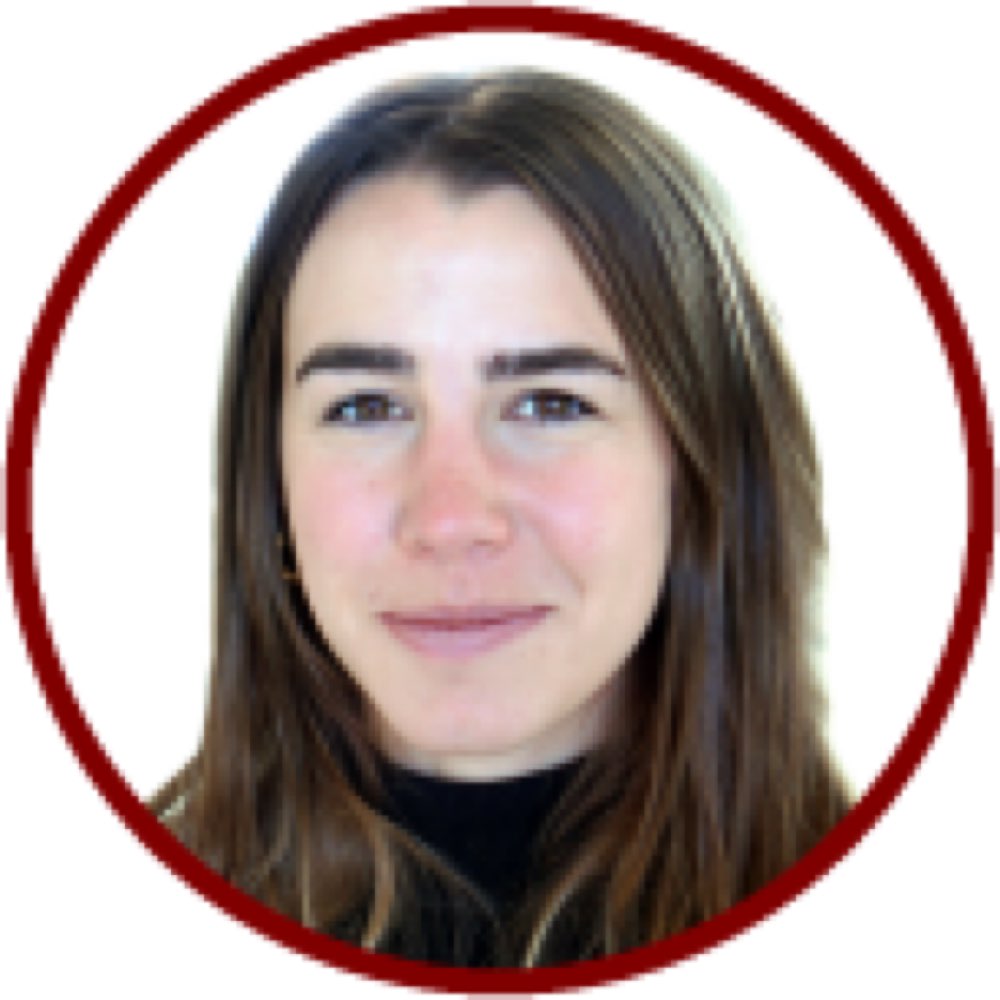December 2014 LSAT - Section 4 - Question 11
A university professor researching sleep disorders occasionally taught class after spending whole nights working in a...
Replies

Katherine February 16, 2019
Hi @Ceci,I’m happy to help. The passage describes a university professor who occasionally teaches their class after having pulled all-nighters in the lab. After such nights, she feels worn out and has difficulty getting through her lectures. Despite feeling this way, very few of her students were able to identify the classes she taught after sleep-deprivation compared to those she taught with a normal amount of rest.
The question asks to pick the answer choice that is MOST SUPPORTED by the information in the passage.
Answer A is the correct choice. Answer A says that subjective effects of occasional sleep deprivation (how the professor herself FELT after such nights) are more pronounced than are its effect on over behavior (what most of her students were able to OBSERVE). This answer is strongly supported by the information in the passage. It describes exactly the scenario experienced by this professor - even though she felt very out of it teaching after all-nighters, her students weren’t able to notice any discernible changes in her behavior. Therefore, it is the correct choice.
You are wondering why Answer B is not correct. Answer B says NO ONE can assess the overall effects of sleep deprivation on a person as well as that sleep-deprived person can. Be sure to read answers carefully and look for absolute language, often the signal for a wrong choice. Here the answer uses the phrase, “No one.†That’s a very absolute word. What about the world's foremost scientist trained to measure the effects of sleep deprivation? Surely they would be able to better assess the effects of sleep deprivation than the person experiencing it. The information in the passage is not about who can assess the effects of sleep deprivation more accurately. Instead it is about the key difference between how the professor feels after sleep deprivation versus what her students were actually able to perceive. That distinction is captured in the correct answer, Answer A.
I hope this is helpful. Please reach out with other questions!

ulino23 February 14, 2020
To add to why B is wrong, it is fair to say that since B states that "no one" assess the overall effects. We can we also rule it out because the stimulus stated "very few students were able to correctly identify them" which contradicts answer B. Because some students did correctly identify some sleep deprived lectures.??